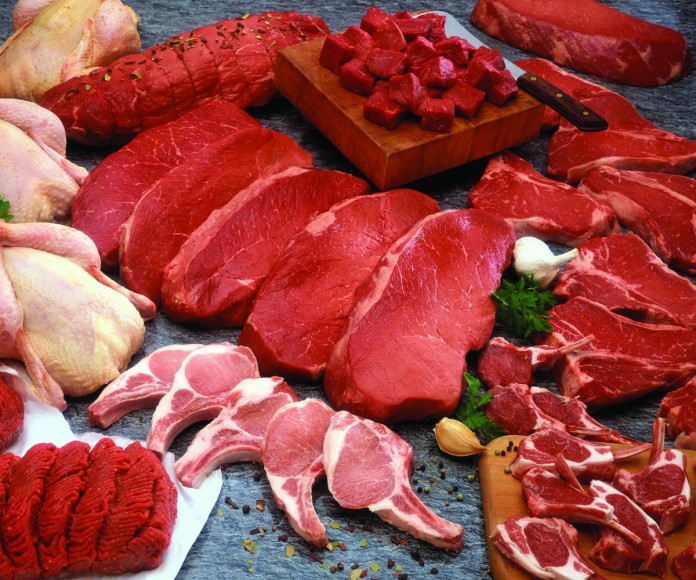SALEM, Ohio — A U.S. appeals court has upheld an earlier decision by the federal government to require meat packages to be labeled according to where the meat originated.
Known as country of origin labeling, the new law went into effect last year and has been a contentious issue among the major meat industry groups and some U.S. trade partners, who do not feel they should be required to label where their meat comes from.
On July 29. the U.S. District Court for the District of Columbia upheld a March 28 decision, affirming that requiring labeling on where meat comes from is acceptable.
According to the opinion filed on behalf of the court, the new labeling rules “enable customers to make informed choices based on characteristics of the products they wished to purchase, including United States supervision of the entire production process for health and hygiene.”
Related: The COOL controversy continues.
The full appellate panel heard the case as part of an “En Banc” decision, after a three-judge appeals panel ruled against the industry but suggested that the full court may want to review its decision.
Factual information
The National Farmers Union praised the court’s decision, which NFU said gives consumers more information.
“The Court ruled that the government may require factual, uncontroversial information to be included on a label,” said NFU President Roger Johnson, in a released statement. “American consumers want to know basic information about where their meat comes from, and livestock producers across this great nation are very proud of what they produce and happy to let consumers know where their meat comes from.”
According to NFU, this is the third time COOL has been upheld in court and the organization says there is “no need” to proceed with further appeals.
Complaint filed
The American Meat Institute filed the laswuit in July 2013, along with the American Association of Meat Processors, Canadian Cattlemen’s Association, Canadian Pork Council, Confedaracion Nacional de Organizaciones Ganaderas, National Cattlemen’s Beef Association, National Pork Producers Council, North American Meat Association and the Southwest Meat Association.
“We have maintained all along that the country of origin rule harms livestock producers and the industry and affords little benefit to consumers,” said American Meat Institute President James Hodges, in a released statement. “This decision will perpetuate those harms. We will evaluate our options moving forward.”
In the complaint, the parties argue that the final rule violates the U.S. Constitution by compelling speech in the form of costly and detailed labels on meat products that do not directly advance a government interest.
They also argue that the 2013 regulation exceeds the scope of the statutory mandate, because the statute does not permit the kind of detailed and onerous labeling requirements the final rule puts in place, and that the rule is arbitrary and capricious, because it imposes vast burdens on the industry with little to no countervailing benefit.
The meat industry also tried unsuccessfully to repeal COOL in the 2014 farm bill.
STAY INFORMED. SIGN UP!
Up-to-date agriculture news in your inbox!










